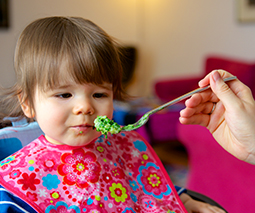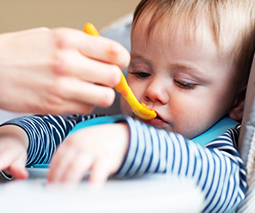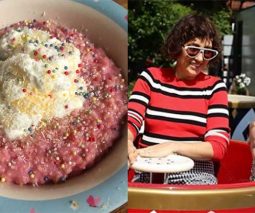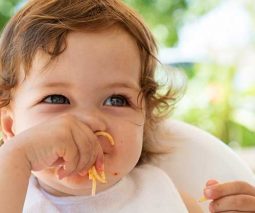Help! I have a fussy eater! 9 tips to help encourage better eating habits

There always seems to be one child in the family who is happy to eat everything. And, then there is one who is picky about any foods other than hot chips, pasta and toast. Fussy eating is a common phase that many children go through, and the way we treat this behaviour largely determines if it will continue. If we put a lot of emphasis on what our children are not eating, they learn that it is a way to get attention.
An important thing to remember is that young children do not need large quantities of food (see our visual guide to portion sizes below), which is why they seem to reject a lot of what we offer them. Here are some simple strategies to help manage fussy eating behaviours.
1. Try to stop talking about food altogether
Asking (or begging) them to eat something, or promising ice cream as a reward for eating some veggies can encourage fussy behaviour.
2. Let them get hungry
Even if this entails them missing a meal. If they are hungry you are in a stronger position to get them to eat what you are offering.
3. No snacking between meals
Eliminate the snacks between meals which prevent them from eating nutritious food. Extra milk, biscuits and fruit have high levels of sugar and are enough to fill them up before meals.
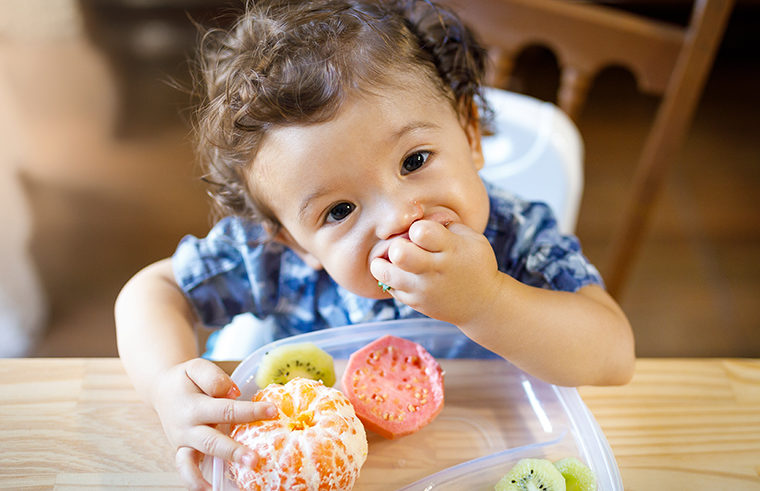
4. Give them some choices
At each meal, offer a small number of different foods to your child, some of which you know they like. This will make them feel like they are in control of choosing what they’d like to eat, as well as providing some variety. For example, half a sandwich, some cut-up carrot, tomato, or a piece of cheese or sausage. Give small children just 10-15 minutes to eat what they’d like and then remove the plate. If they do not eat anything don’t worry, and if they ask for more food later, offer them the same plate to choose food from until their next meal.
5. Celebrate good eating behaviours
Focus and praise positive eating behaviours, such as when they eat something from their plate without hassle. Ignore all other behaviours so they are not getting attention from causing a fuss.
6. Don’t be the only one to feed them
Switch the feeding duties between yourself and your partner, a grandparent or another family member. Small children will quickly learn what presses your buttons and will continue that behaviour, so switching these roles will prevent the habit from developing.
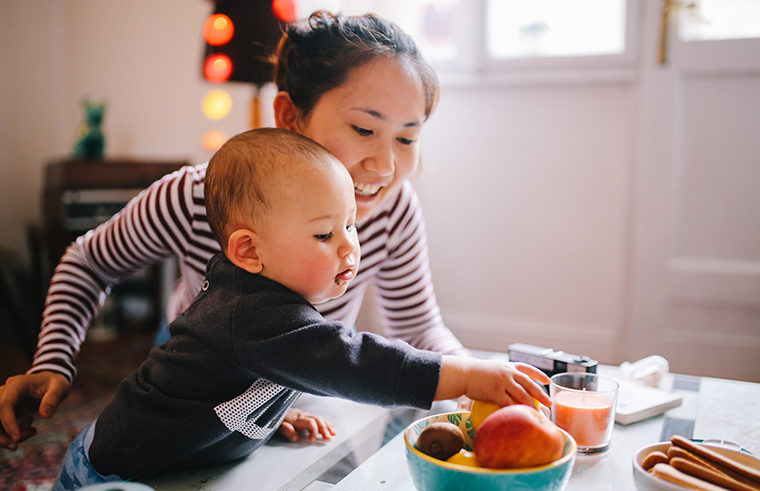
7. Stick to a schedule
Keep meal and snack times at the table and as consistent as possible so children learn that there are set times to eat and times not to eat.
8. Cut back on drinks
Eliminate liquids that fill children up such as excessive milk, juice, cordial and supplementary formulas. Try to keep these liquids to a limit of under 600ml a day.
9. Limit their options
Remember, small children can only eat the foods you provide for them. Try not to have options which you’d rather they don’t eat such as biscuits, snack bars, fruit sticks and rice crackers in the house, particularly if they are not finishing nutritious meals.
Watch our guide to toddler portion sizes below:
How much food should your toddler or preschooler eat?
We’re told children need to eat from the five food groups each day, but just how much should we serve up? This amazing guide will show you > http://babyolo.gy/2sccirw
Posted by Babyology on Monday, 29 May 2017
Susie Burrell is a paediatric nutritionist and dietitian, and mum to 18-month-old twins.
